Please read the Terms and Conditions (T&Cs) carefully
By accessing Online Counselling on Family Assist (OCFA), you agree to the following T&Cs as required by the Government of the Republic of Singapore as represented by the Ministry of Social and Family Development ( MSF ), which may be amended by MSF from time to time.
OCFA is provided by OCFA counsellors, comprising counsellors and psychologists from Strengthening Families Programme@Family Service Centres (FAM@FSCs) and Community Psychology Hub (CPH) respectively.
Eligibility of Users
OCFA is only available for (i) Singapore Citizens/ Permanent Residents/ Non-residents with Singapore nexus (having at least one member of the family who is a Singapore Citizen or Permanent Resident) and (ii) who are at least 18 years of age, with marital, divorce, parenting, or family-related issues. OCFA counsellors will only serve clients seeking help for pre-marital issues if they have indicated their desire to marry and have attended or are currently attending pre-marital programmes in the community.
OCFA counsellors will not be able to proceed with OCFA if you do not meet these criteria. If you are under 18 years of age, you will be referred to a more suitable online counselling service.
If you are already receiving counselling or therapy from other agencies or professionals for similar issues, we encourage you to only seek support from your existing agency or professional. This would be helpful for you, as engaging only one counsellor at a time can provide you with consistent counselling advice.
Overseas Users
OCFA is not available to users who are overseas apart from eligible users who are overseas for the short term due to job requirements, family needs, or other relevant reasons. You agree that, despite using OCFA from another country, this T&Cs and provision of OCFA shall be governed by and construed in accordance with the laws of Singapore, and you consent to the exclusive jurisdiction of the Singapore courts over all matters and disputes arising out of or in connection with OCFA.
Modifications of T&Cs
The T&Cs may be modified from time to time to ensure OCFA works effectively and in accordance with the law. Any changes will be effective immediately upon posting and a notice will be posted on the OCFA webpage to inform all users. Your use of our service after the modifications have been posted will constitute your acceptance of the revised T&Cs.
Respect for our professionals and our services
OCFA aims to provide you with the assistance and support you need in dealing with your marital or divorce or parenting-related matters. In the event of inappropriate behaviour, such as abusive or threatening language directed towards the OCFA counsellors, the counselling session may be terminated.
You are not allowed to take any photos or record any videos of any communication between the OCFA counsellors and you.
Disclaimer of Liability
OCFA counsellors are professionals trained in working with divorce and marital difficulties and are not legal practitioners and will not be able to provide you with any legal advice. No recommendations of law firms or legal practitioners will be provided. OCFA counsellors will try their best to help you in your situation but will not be liable for any mishaps, decisions that you make, losses you have incurred, including psychological or emotional damage, any physical damage/harm to your property, yourself, or others. MSF and OCFA counsellors expressly disclaim, to the fullest extent permitted by applicable law, all liability in any form whatsoever with respect to acts or omissions made by you arising from the use of OCFA.
Links to external websites
This website might contain links to external websites; external websites may also contain links to this website. MSF is not responsible for the content or operation of any external websites.
While every effort has been made to ensure the accuracy of the content on this website, MSF cannot warrant the accuracy of any information found in this website or any external websites linked to our website
Privacy Policy
The following paragraphs explain how your personal data will be treated. This policy may be updated from time to time.
Your privacy is important. MSF and OCFA counsellors will make efforts to safeguard and protect your privacy. This section is intended to inform you of the policies, procedures, and practices regarding the collection, use, and disclosure of any information that you provide through the OCFA platform.
Confidentiality
1. Protecting your personal information is a priority. MSF and OCFA counsellors will not provide your personal information or furnish documents held on the OCFA platform to any governmental agency, healthcare professional, or organisation without your consent, except when (i) required by the law, (ii) complying with internal governmental rules and guidelines, (iii) it is assessed that you are at serious risk of harming yourself or someone else, (iv) it is assessed that you are in danger, or (v) it is assessed that there is a clear child protection issue. In such situations, MSF and OCFA counsellors may also be duty bound or compelled by the law to provide the necessary information to the relevant bodies.
2. Where you provide any personal data of third parties, you confirm that you are authorised or have obtained the necessary consent for the collection, use, and disclosure of such personal data in accordance with any guidelines required for compliance.
3. You also consent, where appropriate, to disclose such personal data to MSF and OCFA counsellors, for the following purposes:
(a) To provide you with OCFA;
(b) To improve the delivery and ensure continuity in the provision of OCFA;
(c) To serve you in the most efficient and effective way;
(d) For data analysis, evaluation, and policy-making relating to OCFA to the extent permitted by law; and
(e) For OCFA counsellors to disclose the information to their professional indemnity insurers or advisers (if any) for insurance purposes.
4. To ensure quality counselling services, MSF and OCFA counsellors may keep transcripts and recordings of the online chat and audio sessions for supervision and training purposes. In the event that the transcripts are used for supervision and training purposes, MSF and OCFA counsellors will not disclose your identity in those transcripts.
What information will be collected:
1. OCFA counsellors may collect your phone number to provide you with OCFA services, including referrals, or when they determine that your safety is at risk.
2. For the purpose of evaluating the effectiveness of OCFA, personal information such as your demographic details, your feedback about OCFA, information on pages that you visit on our platform, duration that you spend talking to OCFA counsellors on the OCFA platform, the number of exchanges (e.g. live chats, emails) between you and OCFA counsellors, and any information that you share with OCFA counsellors over the OCFA platform will be collected. However, you will not be identifiable in any of our data reporting and evaluation processes.
3. You have the right to terminate OCFA at any time. However, MSF reserves the right to retain the information you have provided during the course of your counselling. The privacy policy will still apply even if you terminate your counselling sessions.
How your information will be stored:
To safeguard your personal data, all electronic storage and transmission of personal data are secured with appropriate security technologies in accordance with prevailing data protection standards.
How long will MSF keep the information about you:
Any of the information collected will be kept by MSF in accordance with prevailing data storage guidelines from the initial point of contact, regardless of whether you proceed to use OCFA.
Privacy Policy for Referrals
Should you consent to be referred to other organisation(s) that can best support you on the recommendation of the OCFA counsellors, you also consent to share your case information and contact details with the organisation(s) for them to follow up with you on the referral(s).
By signing up with OCFA, you thereby certify that you (i) are a Singapore Citizen/ Permanent Resident/ Non-resident with Singapore nexus, (ii) are at least 18 years of age, and (iii) agree to these terms and conditions. MSF and OCFA counsellors will not be held accountable or responsible for any mishaps, decisions that you make, losses you have incurred, including psychological or emotional damage, or any physical damage/harm to your property, yourself, or others.
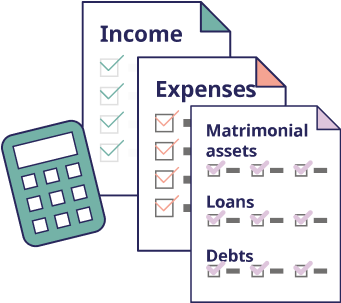
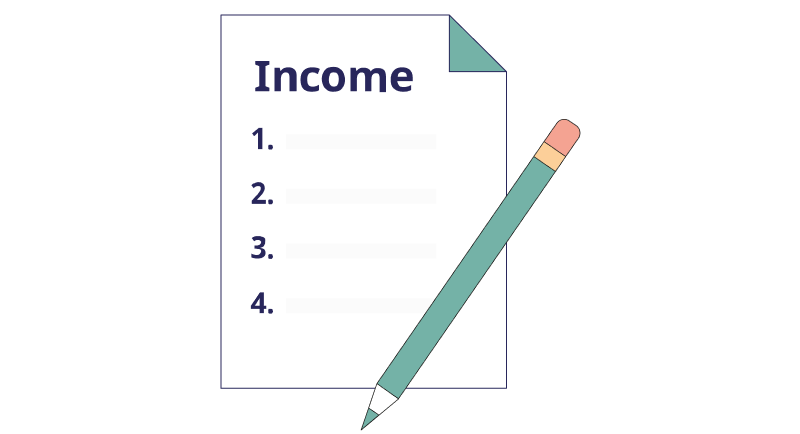 When establishing a budget, it is important to keep your income in mind as this will directly affect how much expenditure you can have. Your income may include:
When establishing a budget, it is important to keep your income in mind as this will directly affect how much expenditure you can have. Your income may include: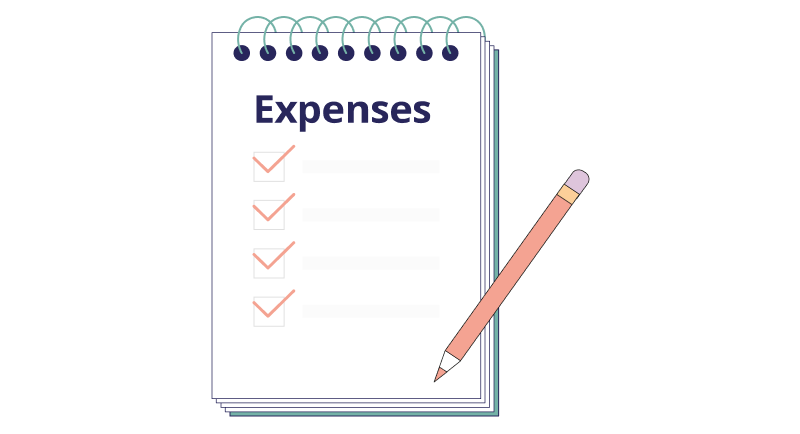 Income and expenditure come hand in hand, and it is equally important to understand your expenditure. Your expenditure may include:
Income and expenditure come hand in hand, and it is equally important to understand your expenditure. Your expenditure may include: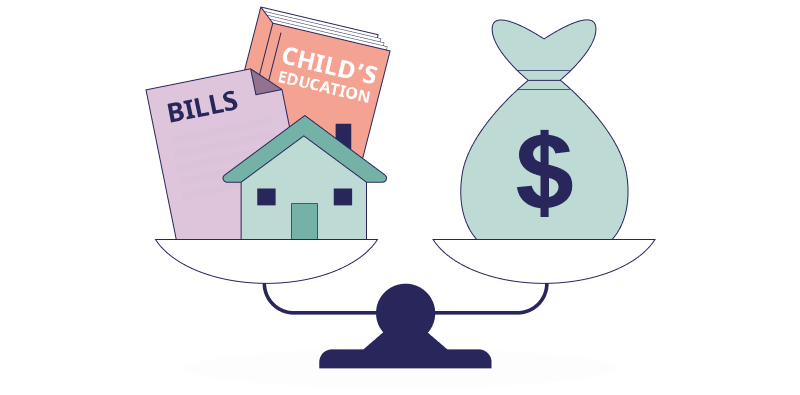 After listing down your source(s) of income and expenditure, it is important to balance your budget and understand the changes to your income and/or expenditure that may be required when considering a divorce. You may wish to:
After listing down your source(s) of income and expenditure, it is important to balance your budget and understand the changes to your income and/or expenditure that may be required when considering a divorce. You may wish to: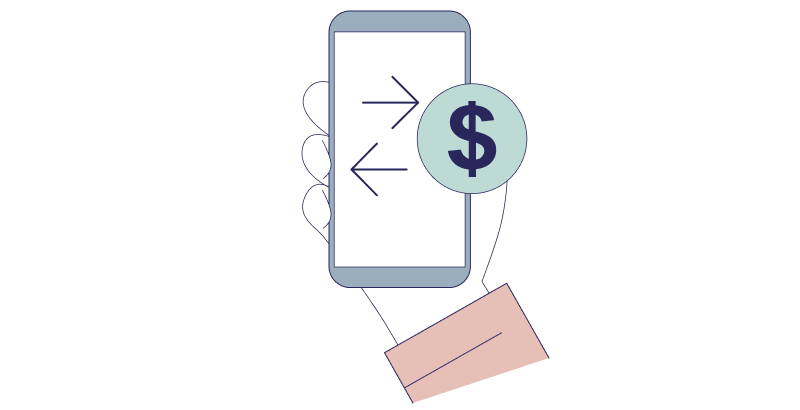 As your source(s) of income and/or expenditure may change from time to time, keep track of your budget and update it regularly to help you to take control of your finances.
As your source(s) of income and/or expenditure may change from time to time, keep track of your budget and update it regularly to help you to take control of your finances.
